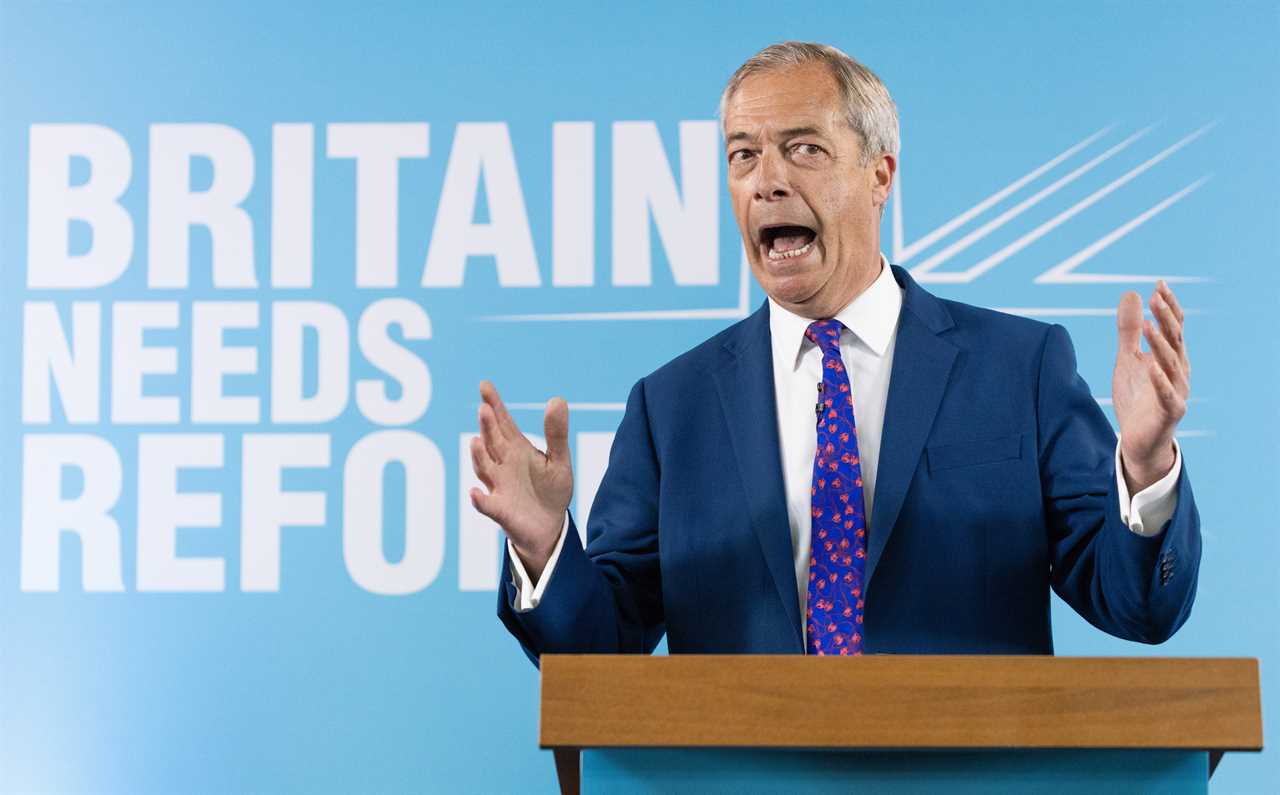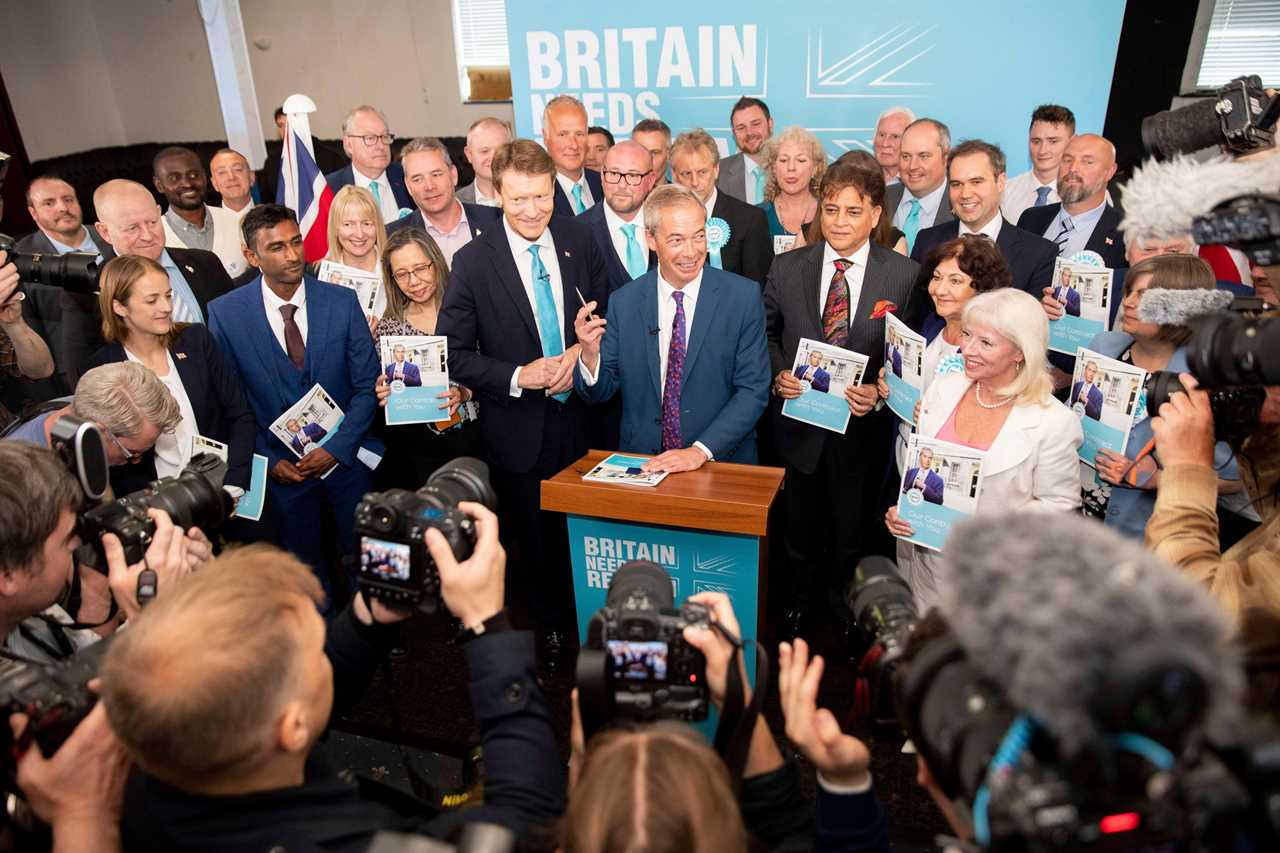
Nigel Farage defends tax proposals
Nigel Farage responded to criticisms that his tax plans would primarily benefit millionaires by stating that they would actually help the poorest in society the most. He emphasized that his radical economic agenda aims to benefit struggling households.
Key points of the tax plans
Under Farage's proposals, the personal tax allowance would increase to £20,000, the inheritance levy threshold would rise to £2 million, and stamp duty on homes under £750,000 would be eliminated. Additionally, the VAT threshold for small firms would go up to £150,000 from £90,000.
Debate over the impact of tax cuts
During an appearance on Good Morning Britain, Farage faced questions about how his tax giveaways would impact different income groups. While economists challenge the notion that the plans would benefit the most vulnerable, Farage argued that low taxes would lead to higher wages and ultimately benefit struggling households.
Reform's financial estimates and spending plans
The Institute for Fiscal Studies estimates that Reform's proposed tax cuts could cost nearly £90 billion per year. Despite concerns about the financial implications, Farage has also put forward £141 billion in additional spending plans. Experts have raised doubts about the feasibility of these proposals.

Farage's ambitions and party goals
Nigel Farage, alongside Reform's chairman Richard Tice, presented the document "Our Contract With You" in South Wales, emphasizing the party's commitment to offering real change. Farage, who expressed ambitions to become Prime Minister within five years, criticized both Sir Keir Starmer and PM Rishi Sunak.






